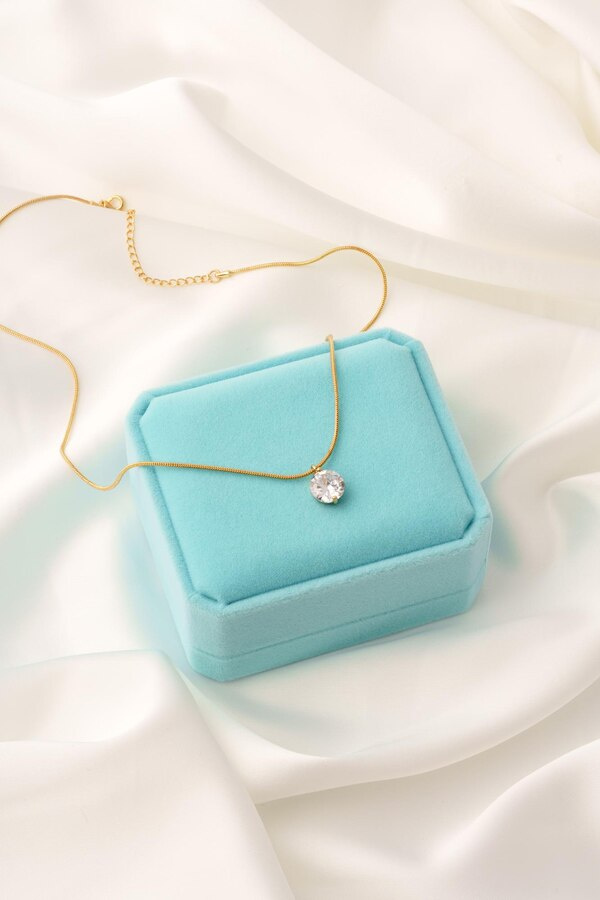Shining Bright: The Future of Jewelry in England
As the world becomes more interconnected and technological advancements continue to reshape various industries, the jewelry sector in England is gleaming with promise and innovation. From sustainable practices to groundbreaking designs facilitated by new technology, the future of jewelry in England is poised to be both bright and dynamic.

One of the most prominent trends shaping the future of the jewelry industry in England is the increasing emphasis on sustainability. Consumers today are more environmentally conscious and are demanding transparency about the origins of the materials used in their jewelry. This shift in consumer behavior is encouraging jewelers to adopt more ethical sourcing practices and to utilize recycled metals and conflict-free gemstones. Brands such as Boodles and Astley Clarke have already made significant strides in this direction by implementing sustainable initiatives and obtaining certifications from organizations like the Responsible Jewellery Council.
In tandem with the sustainability movement, technology is revolutionizing the way jewelry is designed and manufactured. Computer-Aided Design (CAD) and 3D printing are becoming essential tools for contemporary jewelers, enabling unbounded creativity and precision. These advancements allow for the creation of intricate designs that were previously impossible, offering customers highly personalized and unique pieces. Furthermore, the integration of blockchain technology is beginning to gain traction, providing a secure and transparent method to verify the provenance of gemstones and precious metals, thus building trust and authenticity in the market.
The fusion of traditional craftsmanship with modern technology is another hallmark of England's jewelry future. Esteemed institutions such as the Goldsmiths' Company and the Birmingham Jewellery School are nurturing a new generation of artisans who are adept at merging age-old techniques with contemporary methods. This blend not only preserves England's rich heritage in jewelry making but also pushes the boundaries of what is possible in design and production.
Moreover, the rise of digital platforms has democratized the jewelry market, enabling smaller, independent designers to reach a global audience. Online marketplaces and social media channels have become vital tools for marketing and sales, allowing consumers to discover and connect with bespoke jewelry makers. This shift is diversifying the industry, fostering a rich tapestry of styles and influences.
Personalization and customization are also key trends defining the future of English jewelry. Consumers are increasingly seeking pieces that reflect their individual identities and stories. Jewelers are responding to this demand by offering bespoke services, where clients can be involved in the design process from start to finish. This personalized approach not only enhances customer satisfaction but also creates deeply meaningful and sentimental pieces.
In summary, the future of jewelry in England is a sparkling blend of sustainable practices, technological innovation, traditional craftsmanship, and personalized service. As consumer preferences evolve and new technologies emerge, the industry is set to continue its transformation, creating beautiful and ethically-made pieces that resonate with the values of modern society. Whether you're a connoisseur of timeless elegance or a seeker of cutting-edge designs, the English jewelry market promises a wealth of dazzling possibilities.